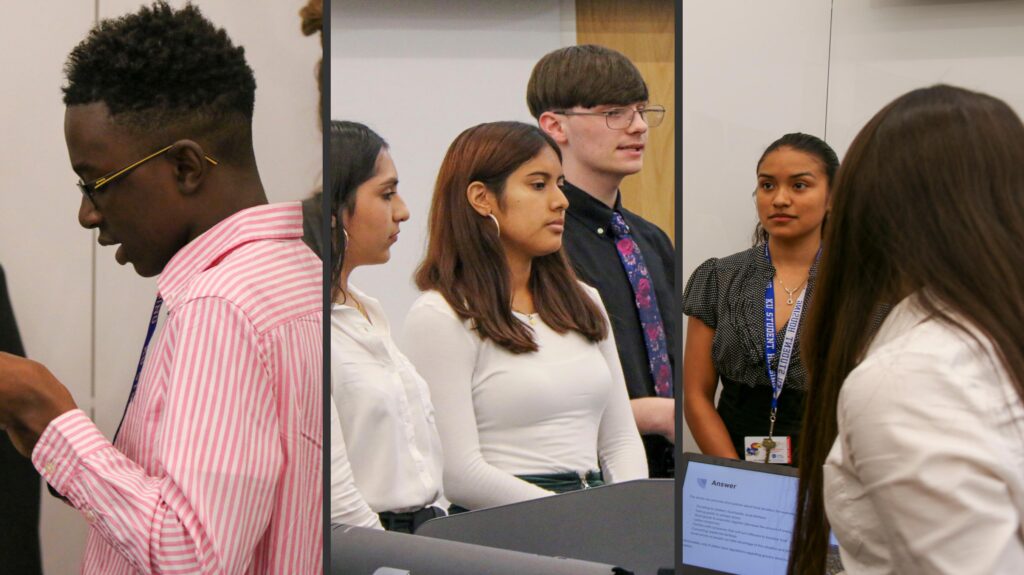Master Key Competencies for Climate Solutions
Enhance your Upward Bound and Upward Bound Math-Science Instruction
The iStronG “All Hands on Deck” curriculum is an Asset-Based, Competency-Based set of 25 lessons, originally designed for the 5 to 6 week TRIO Upward Bound summer program. All Hands on Deck combines systems thinking, climate change science, and local student action projects to promote student engagement, climate literacy, and interest in sustainable STEM careers. In the climate solutions-based curriculum students are challenges and supported to demonstrate 6 key competencies:
- Understanding Systems and applying the Habits of a Systems Thinker
- Empathetic Understanding of World Climate Issues and Climate Justice concerns
- Climate System Literacy
- Introductory Stella Modeling Tool Competency
- Knowledge of Project Drawdown Climate Solutions
- Preparation of a Climate Solutions Project responding to a challenge to reduce carbon dioxide emissions in students’ local communities.
The iStronG web page offers free curriculum materials, including new lessons on climate justice. The pilot study’s student manual, teacher guide, and student project examples are also available. Although designed for the TRIO Upward Bound summer program, the lessons are modular and adaptable to various settings and programs. Projects can use any or all of the 24 lessons in the iStronG curriculum.
Project Outcomes
UB students were asked to complete an iStronG pre-survey on the first day of the course and a iStronG post-survey at the end of the course. Despite small sample sizes, these surveys found statistically significant changes with modest effect sizes related to several iStronG and National Science Foundation (NSF) goals. Between the pre and post-tests students were significantly more likely to:
- express interest in pursuing a career related to climate and STEM sustainability studies,
- express higher levels of concern related to climate change,
- express having hope and belief in their own empowerment to address climate change,
- have an increase in their perceptions of their own knowledge of science-based solutions associated with climate change, and
- correctly interpret and provide a rationale for how CO2 levels continued to increase during the COVID pandemic despite a small drop in emissions.
Bridging Research and Policy for Lasting Impact

Valuable resources for enhancing educational opportunities
PRESENTATIONS
Understand the benefits and uses of evaluation and assessment
EVALUATION TOOLKIT
Advancing equity in postsecondary education
DISSERTATIONS
Direct support services for students and relevant training for directors and staff
U.S. DEPARTMENT OF EDUCATION
